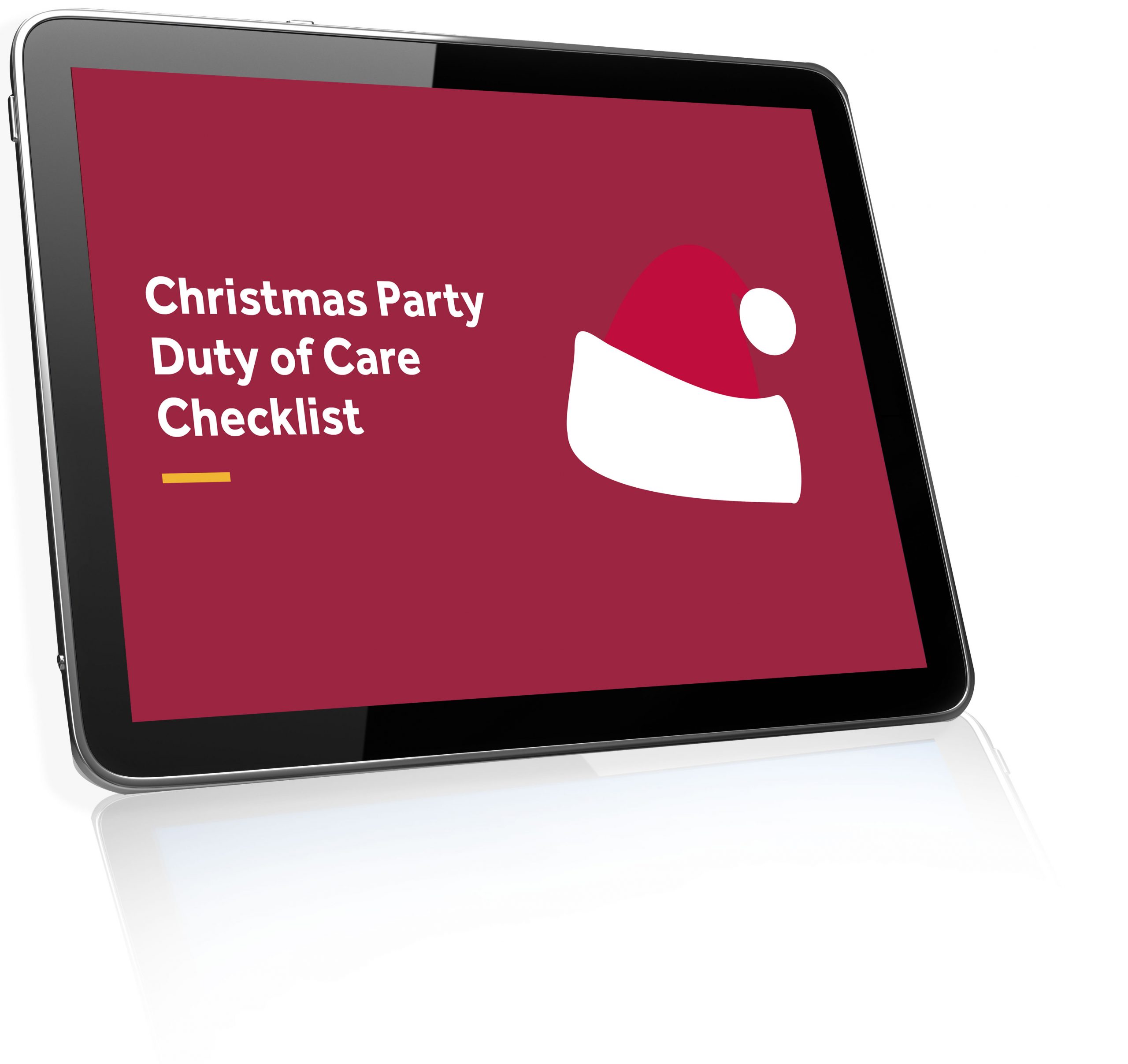
For Australian small businesses, the start of November usually marks the beginning of peak season and all that follows- packed stores, busy staff, big discounts, big orders, and products running out of stock. The next seven to eight weeks can often be the make or break for some businesses. The Christmas trading quarter is also the most critical on the retail calendar when discretionary stores make up to two thirds of their profits. But with a cost-of-living crisis on the cards, how can businesses prepare for the holidays?
Holiday Trends
Experts are suggesting that we are going to see a correction of the overspend during the 2020-21 lockdowns. Consumers are looking to spend their money meaningfully and focus on ‘necessity spending’- gifts and items that are special but also really useful. These items include more spending on technology, gaming consoles, and high-value products. The emphasis has shifted due to challenges like living costs, reduction in disposable incomes, and rising inflation.
According to a survey by Sitecore, 1 in 5 Australian shoppers expect to purchase fewer gifts and spend less overall. And if prices remain competitive, Australian consumers will prioritize Australian made products and ethical small businesses. They are also willing to pay more for it if they find an item that fits their expectations and needs. Retailers and business owners can also see a difference in the way different generations spend. Gen Z and Millennials are willing to pay extra charges for premium delivery services, indicating the growing demand for convenience and dependable delivery experiences.
Online shopping is still dominating with it making up for 27-30% of total retail sales. Apparel has been down most of the year, but it will be one of the segments to watch in the coming months.

Did You Know?
Data has shown that Australians spent more than an estimated $7.1 billion during the Black Friday sales in 2022.
The holiday season can be challenging and complicated with managing peak season rush or a lull in your business, depending on your industry. You must also manage employee leave and understand public holiday entitlements. As a business owner, you must make smart choices and plan for the holidays.
Schedule holidays
Ideally you should determine your annual holiday shutdown period or operating hours in June-July. This gives you enough time to plan and schedule holidays, so you have adequate staff available. Before you schedule holidays or operating hours, there are few questions to consider:
Will your business be open on all days (25th December 26th December, etc)
Do you plan to be open longer than usual?
Are you planning to close your business during the holidays?
Will you operate on reduced hours or capacity?
Do you need additional staff or Christmas casuals?
Ensure your staff is across holiday operations and hours and explain your expectations of them during the holiday season. You also need to be aware of public holidays and your obligations as a business owner.
Strategise customer engagement
For many businesses such as retail and hospitality, the holiday season is one of robust sales, peak traffic, and busy staff schedules. But small businesses are now competing in a highly fragmented market for both consumers and employees. How can you prepare for the the public holidays?
Begin preparations well in advance of the event/sales season
Offer sales and discounts
Consider offering clients and loyal customers perks
You can host a giveaway or promotion
Offer seasonal discounts or gifts with each purchase
Donate a portion of each purchase to sales and encourage customers to donate
Host a networking event that customers, clients, and target audiences can attend
Holiday marketing campaigns
Review your seasonal marketing campaigns. Do they need to be changed/updated? What channels have been most effective?
Social media
Marketing emails
Direct marketing
Websites
TV
Digital
Support your employees
Certain industries such as retail, hair and beauty, hospitality, and travel will have a busy season till January. Employees may work double shifts or longer hours and spend more time on their feet. They may also not get the time off to spend with their families during the holidays. The holidays also can feel overwhelming for people spending time away from their families or unable to be there for important moments. This creates additional stress.
Employees maybe juggling additional workloads and having to plan dinners or personal events with families, making them lose track of their well-being.
It is essential that you support your employees in any way you can. Create realistic schedules for employees. Give them additional breaks or screen-free time. You can organise team activities or events, so they feel refreshed.
Be safe
Christmas is a time of making merry and having workplace parties and events. As a business owner, it is your responsibility to ensure all employees are safe at the workplace. All decorations should be put up in a safe and practical manner. Your workplace events or parties should also follow work health and safety protocols.
This is a good time to assess your work health and safety policies and consider updating them if necessary. You should also share this policy with employees before the festive period to ensure they are following health and safety procedures.

Christmas Party Duty of Care Checklist
Do you know what your duty of care is this Christmas?
Spread the cheer
Does your business support any charity? The holiday season is a time of giving and supporting the community. It can also motivate customers and clients to do business with you. You can donate a portion of sales or do a toy drive or ask employees to contribute and then you match the donation.
Be prepared
If you have some downtime over the holidays, use it wisely. It is the year-end and before you know it, a new year is here with new challenges.
Businesses that have a slow period over the holidays (construction, fitness etc) can review their plans and strategies.
Were there any products/services that missed the mark? Can they be improved or stopped?
Were there any products/services that were extremely popular and beneficial?
Did you lose any clients unexpectedly? How can you improve consumer engagement?
If inflation is significant, how does it affect your margins?
Do you need to adjust your pricing?
Did you struggle to hire staff?
Did your employees struggle with an increased workload?
Do you need to update/modify your website?
What issues might arise in 2024?
Small business owners are juggling different roles and responsibilities. They often act as the manager, HR person, mentor, cheerleader, and guide for employees. They always have things on their plate that demand attention. These urgent priorities push a lot of things down, moving it completely off the radar. When was the last time you reviewed your sexual harassment policy? Did you know that there is a new minimum wage in place? Are you supposed to pay your employees public holiday rates if they are on leave on a public holiday?
Use the downtime to cross all these things off your list and work with Employsure. Call our 24/7 Advice Line today to get all your tricky questions answered.



